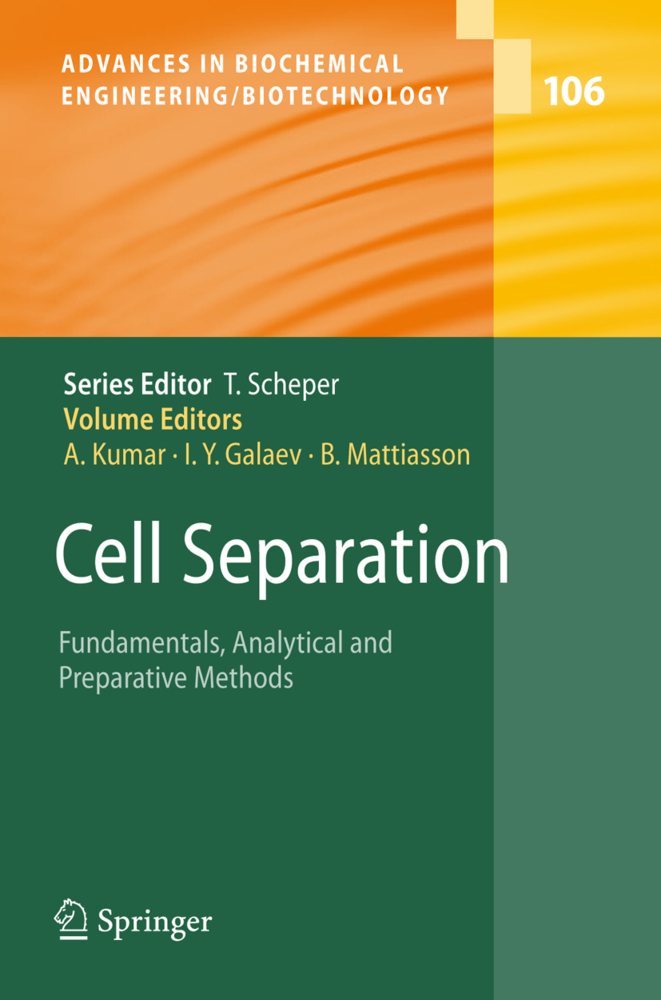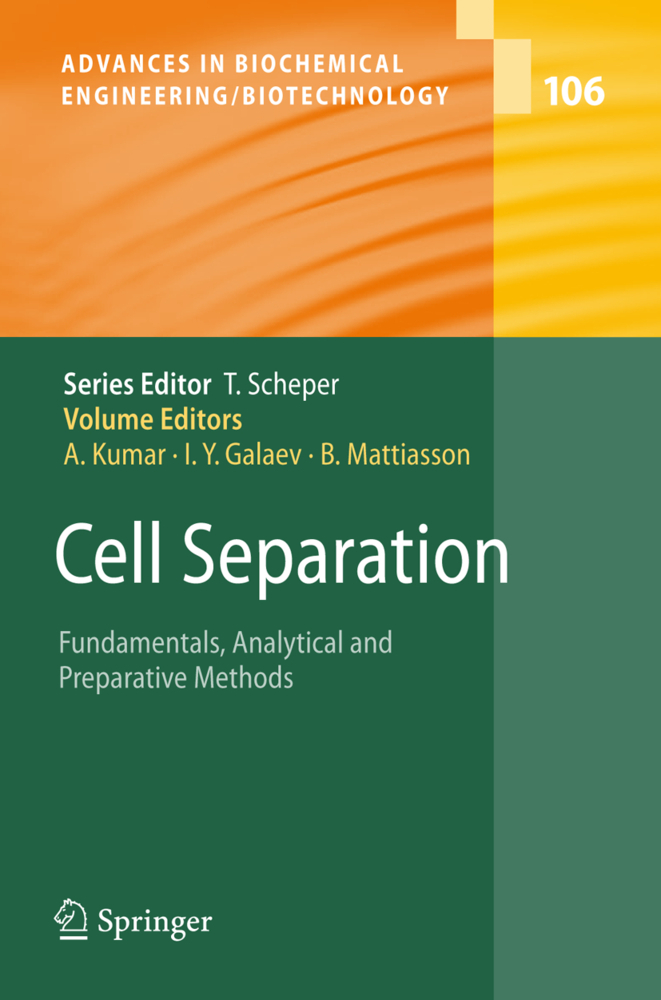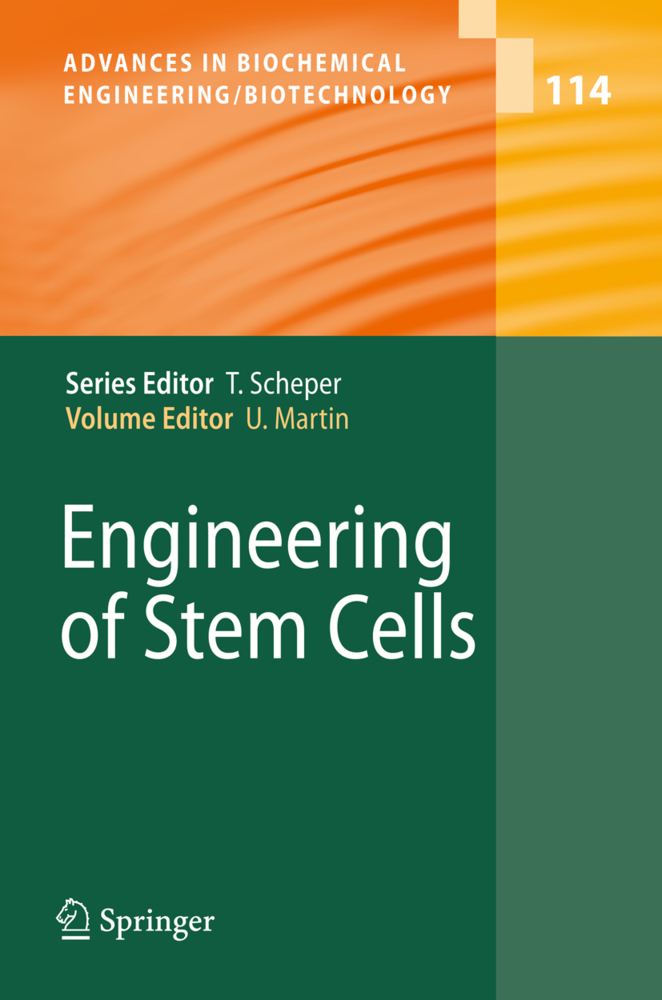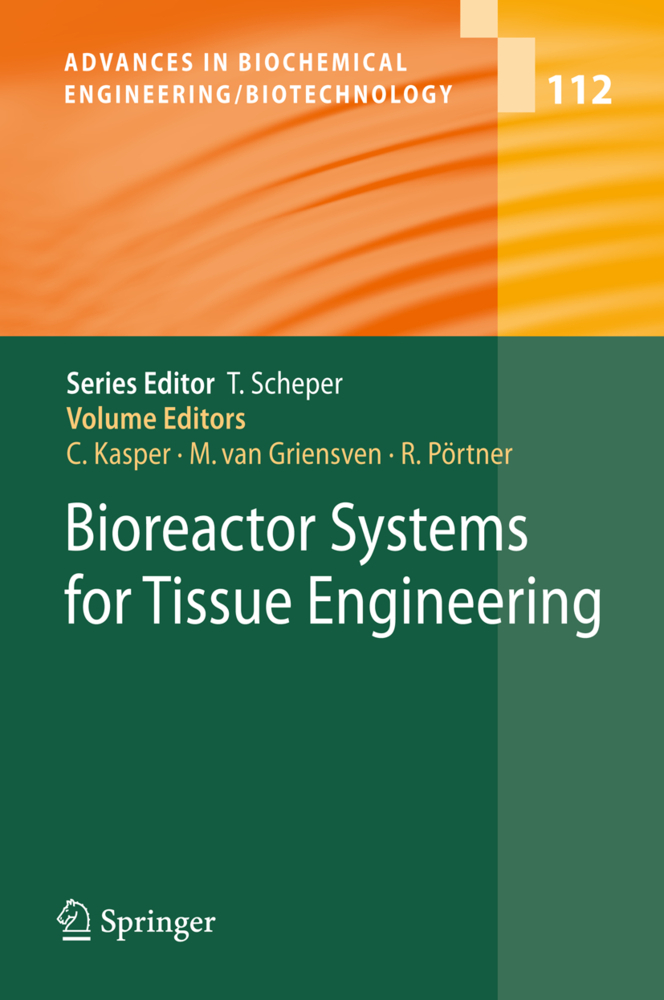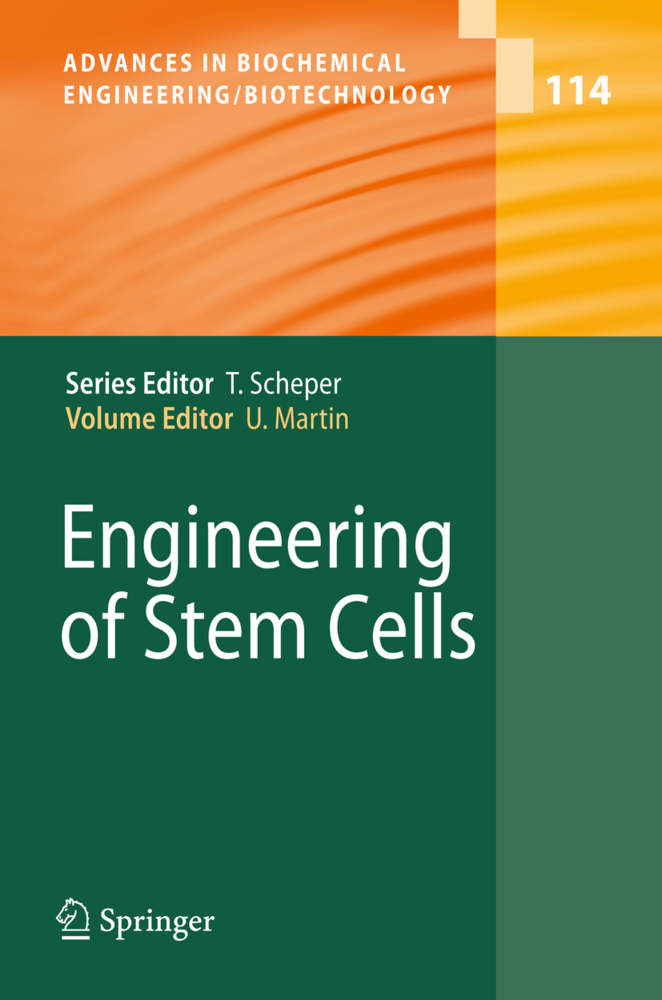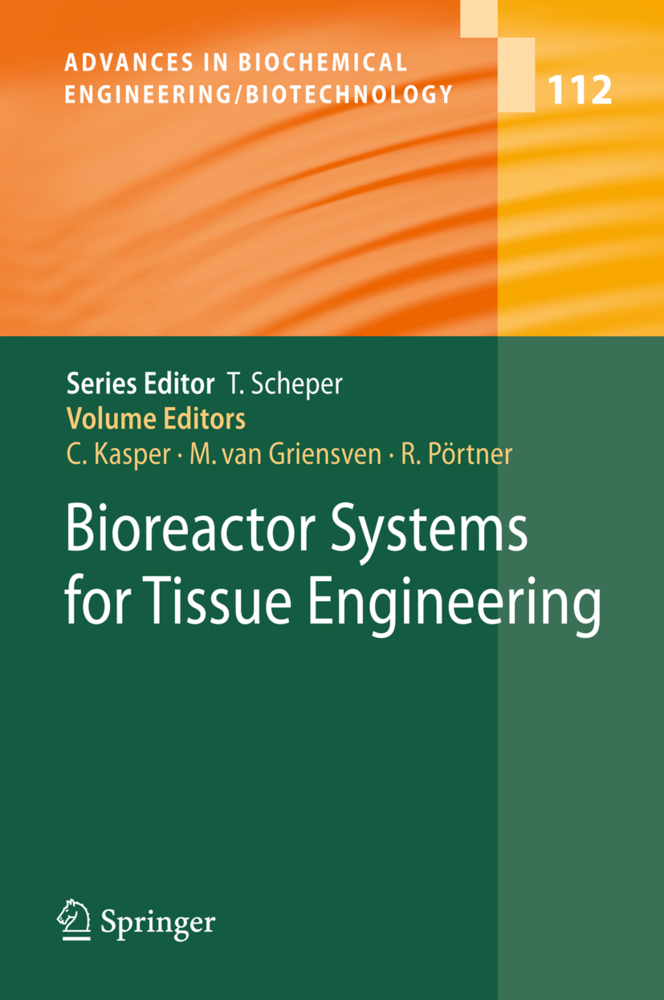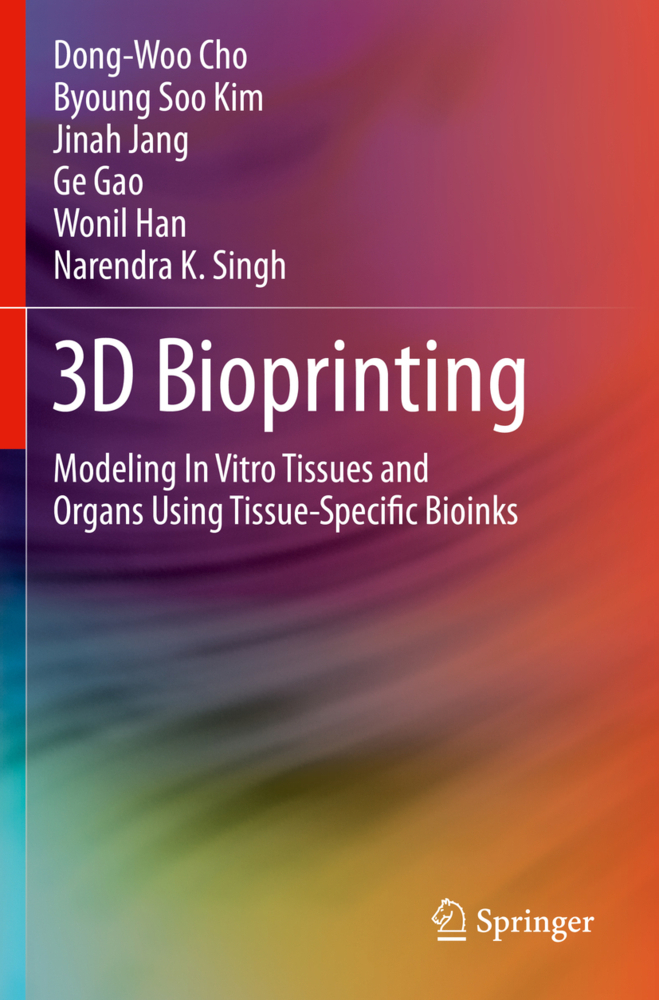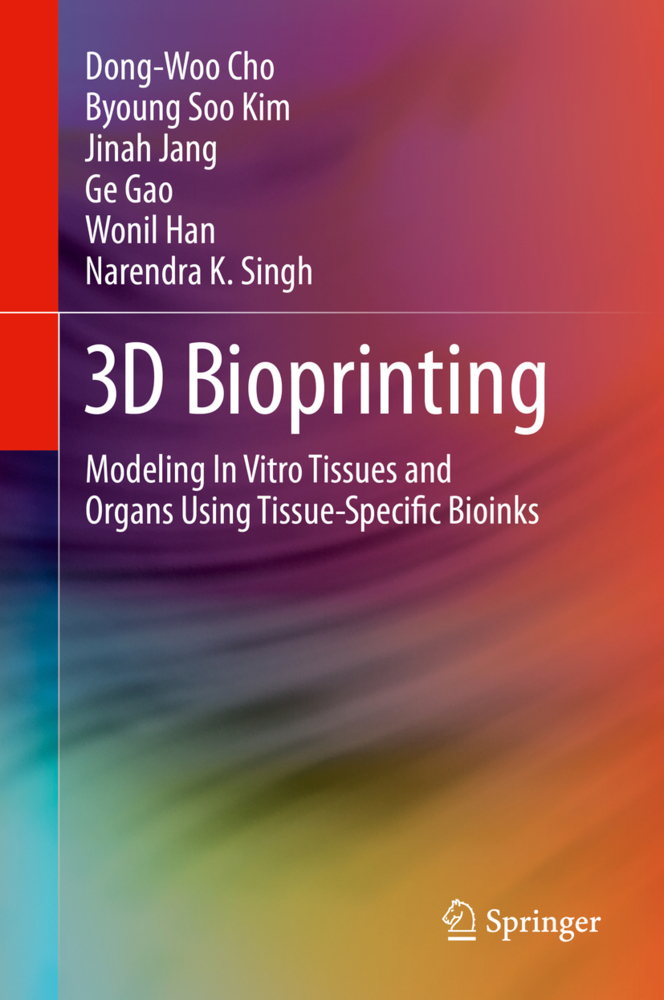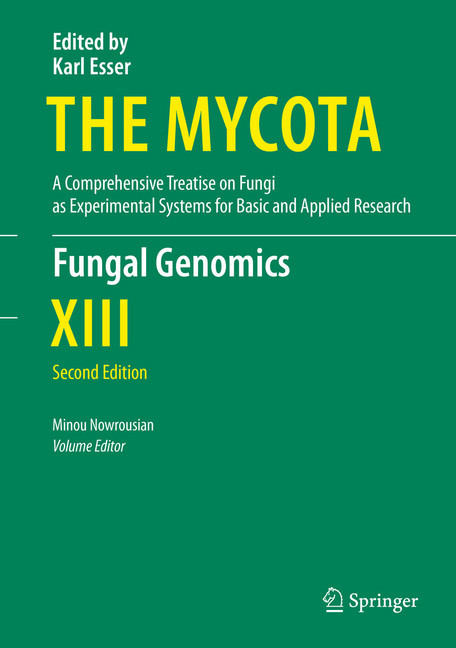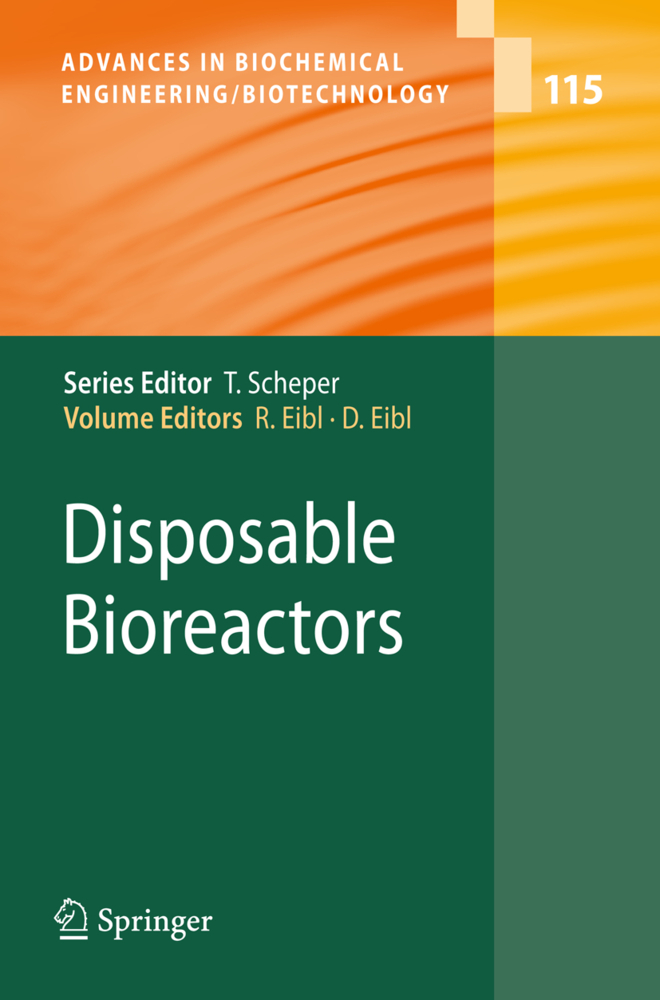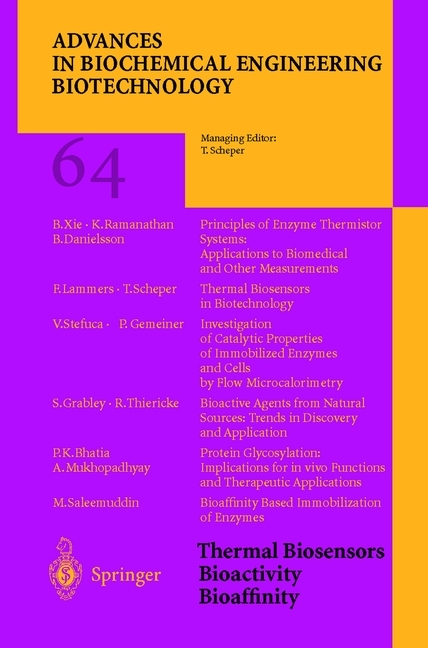Cell Separation
Fundamentals, Analytical and Preparative Methods
Cell Separation
Fundamentals, Analytical and Preparative Methods
Cell separation, which was once limited to merely being a basic technique for fractionating different cell populations, has come a long way in the last two decades. New, advanced and more speci?c and selective techniques have emerged as the demand for isolating a speci?c cell type for various biological applications has increased. Ef?cient and cost-effective techniques for fr- tionation and isolation of target cell types are necessary to provide pure cell populations for diagnostics, biotechnological and biomedical applications. One can see a considerable need, both in biomedical research and in di- nostic medicine, for the speci?c separation of a discrete population of cells from a mixture. For example, in the ?eld of tissue engineering, isolation of stemcellsfromtissuesororgansisofparticularlygreatimportance.Moreover, understanding cell developmental pathways becomes increasingly signi?cant as diagnosis and treatment of diseases turns more to the molecular level. The diagnosis of cell-related diseases requires methods of detection, isolation and theanalysisofindividualcells,regardlessoftheirrelativecontentinthetissue. Since cell-based therapies now turn towards more realistic medical options, developing an effective separation system for large-scale cell separation has becomechallengingresearchgoalforcellbiologistsandbiotechnologists.The ideal technique should provide in a short time a good yield of cells with high puritywhile maintaining cellfunction.Despite the growingneed formethods to separate cells into cell subpopulations, the existing cell-separation te- niques stillhave somelimitations when the desired degree ofperformance on apreparativescaleisrequired.Wewillseemoreresearchfocusinthisdirection in the future. The traditional techniques of micro?ltration, ultra?ltration and ultrac- trifugation, which exploit differences in cell size, shape and density, have remainedtheworkhorsesdespitelowspeci?cityandproblemswithscalingup.
Cell Isolation and Expansion Using Dynabeads ®
Affinity Adsorption of Cells to Surfaces and Strategies for Cell Detachment
Chromatography of Living Cells Using Supermacroporous Hydrogels, Cryogels
Hollow-Fibre Affinity Cell Separation
Cell Partitioning in Aqueous Two-Phase Polymer Systems
Development of Separation Technique for Stem Cells.
Methods in Cell Separations
Flow Cytometry and Cell SortingCell Isolation and Expansion Using Dynabeads ®
Affinity Adsorption of Cells to Surfaces and Strategies for Cell Detachment
Chromatography of Living Cells Using Supermacroporous Hydrogels, Cryogels
Hollow-Fibre Affinity Cell Separation
Cell Partitioning in Aqueous Two-Phase Polymer Systems
Development of Separation Technique for Stem Cells.
Kumar, Ashok
Galaev, Igor Yu
Mattiasson, Bo
| ISBN | 978-3-642-09454-5 |
|---|---|
| Artikelnummer | 9783642094545 |
| Medientyp | Buch |
| Copyrightjahr | 2010 |
| Verlag | Springer, Berlin |
| Umfang | XIII, 203 Seiten |
| Abbildungen | XIII, 203 p. |
| Sprache | Englisch |

